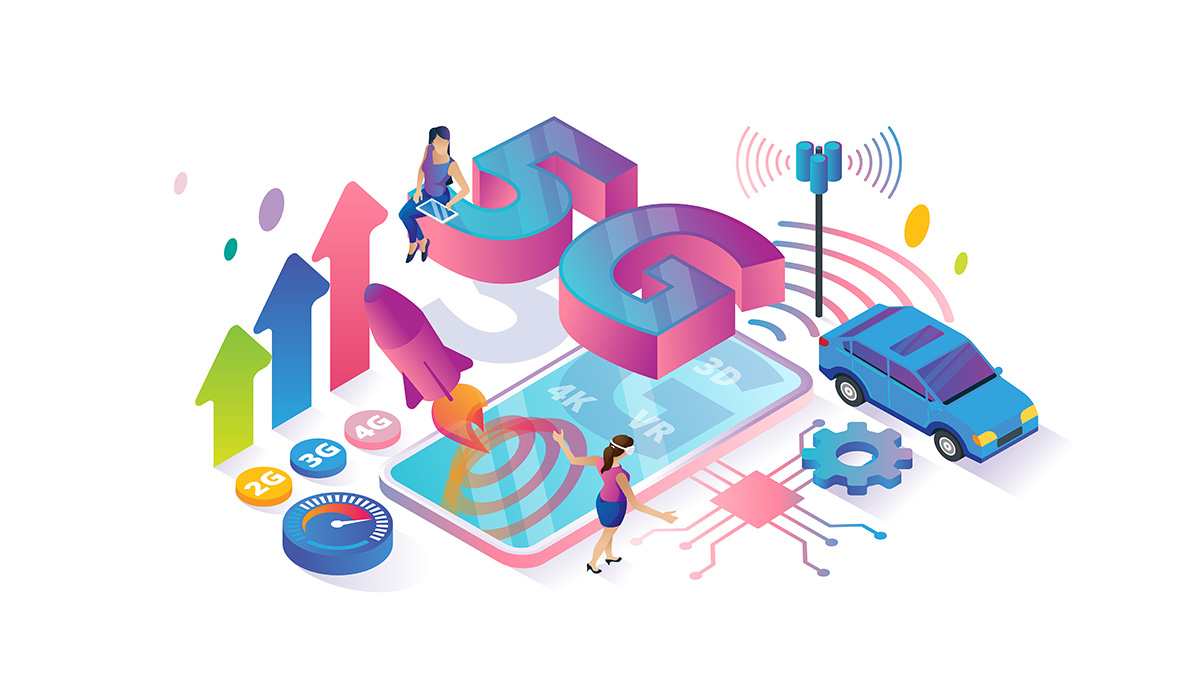News
5G Will Revolutionize Our Lives—and Unleash Security Threats
September 4, 2019
Fifth-generation wireless technologies, or “5G,” will allow Internet users to download data 100 times faster than existing 4G networks. However, the ability to transmit vast quantities of data virtually instantaneously will also unleash new security risks, warns Babak D. Beheshti, Ph.D., dean of NYIT College of Engineering and Computing Sciences, in an op-ed in International Business Times. “It’s crucial for regulators, companies, and consumers to start shoring up their defenses—and fast,” he says.
Within five years, 5G subscriptions will cover 40 percent of the global population. This will accelerate the expansion of the Internet of Things—devices including fitness monitors, refrigerators, alarm clocks, and even dog collars that can connect to the web. This enhanced connectivity will make daily routines more efficient and convenient but will also enable potential cyber-criminality, Beheshti writes.
Criminals have already hijacked 4G devices. In 2016, a botnet took control of 300,000 Internet-connected devices to launch a massive denial-of-service attack that knocked out Internet connection for most of the eastern seaboard. Recently, a man pleaded guilty to hacking into cellphones and stealing $7.5 million worth of cryptocurrency from dozens of people.
Now imagine these same actors hacking 5G remote-controlled delivery drones or automated cars, for example.
Sensible government regulations can prevent this; it’s imperative to establish an independent regulator that has the experts and resources to develop new, advanced security measures and anticipate and respond to potential future threats focused on the 5G rollout.
Regulators should also mandate that all Internet of Things devices have built-in 5G security protections and encrypted data transmissions. Many popular 4G home routers and security cameras have little built-in security, making them easy targets for malware.
Meanwhile, as mobile operators rebuild their network infrastructure to accommodate 5G, they must ensure that the entire data chain contains robust, easily updatable security features.
Consumers can take a few simple precautions, as well, and change the default passwords of their 5G-connect devices and regularly update their software—new firmware typically includes upgraded security features.
5G represents a profound leap forward. It’s coming quickly—and we’re not nearly prepared enough to deal with the security risks. “It’s critical for consumers, companies, and governments to change that,” Beheshti concludes.
This op-ed is part of an NYIT thought-leadership campaign designed to help generate awareness and build reputation for the university on topics of national relevance. Read more op-eds by NYIT experts.



_Thumb.jpg)

